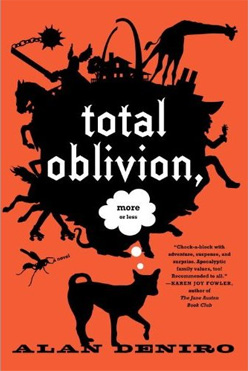Pay to Play
I have really mixed feelings about what this article about membership libraries implies. As usual, the New York Times skates over the larger implications, and has its usual class-based steganography:
Manhattan has three membership libraries: the Mercantile, the New York Society Library and the Library of the General Society of Mechanics and Tradesmen. All of them are a world apart from public libraries, with their buzzing crowds and constant foot traffic. In contrast, the reading rooms at the membership libraries have the velvety quiet that Lord Peter Wimsey may once have encountered at the Bellona Club.
Damn those hoi-polloi! The fact that, say, the awesome new Mpls. library isn’t open on Sundays-when people with jobs can actually, you know, use the library-is a result of political decisions made by a conservative state government. Which, also, isn’t too crazy about public parks. How are these membership libraries, then, not mere gated communities for the learn-ed? Is the best way to fight the new Gilded Age to replicate the Athenaeum, and abdicate the public sphere? (Which isn’t to say that there are multiple layers where people abdicate and embrace the public sphere simulataneously, with multiple projects.)
In related news (and it is related, at least in how our society will be shaped in the upcoming years), “Faith Nights” are becoming more popular at sporting events. (The NYTimes has an article about it, but it’s under the Times Select aegis-man, talk about an abdication.) At an Arena League football game in Birmingham, players had bible verses sewn onto their jerseys. Major league professional teams such as the Atlanta Braves are going to ramp up Faith Nights for their own purposes-it’s easy money, to tap into the superchurches’ rolodexes and bring them out for a good old wholesome night of Jesus and baseball. The temptation is for abdication, either one’s country or one’s library. (When will they be having “Faith Days” at your local library? Don’t laugh.) But this is precisely the time to till that public space even harder, so that the entirety of literature doesn’t end up under the purview of specialists, or at best, enthusiasts with money, who can pay for “velvety quiet.” (via Gwenda)




